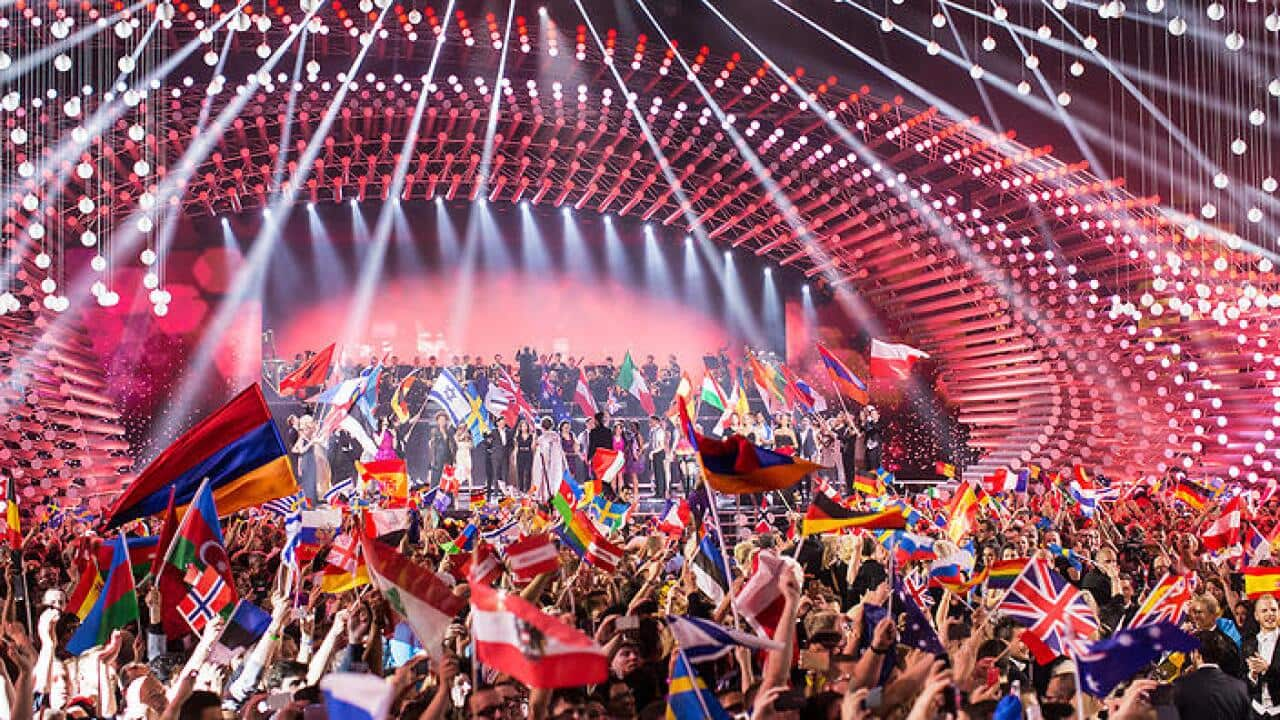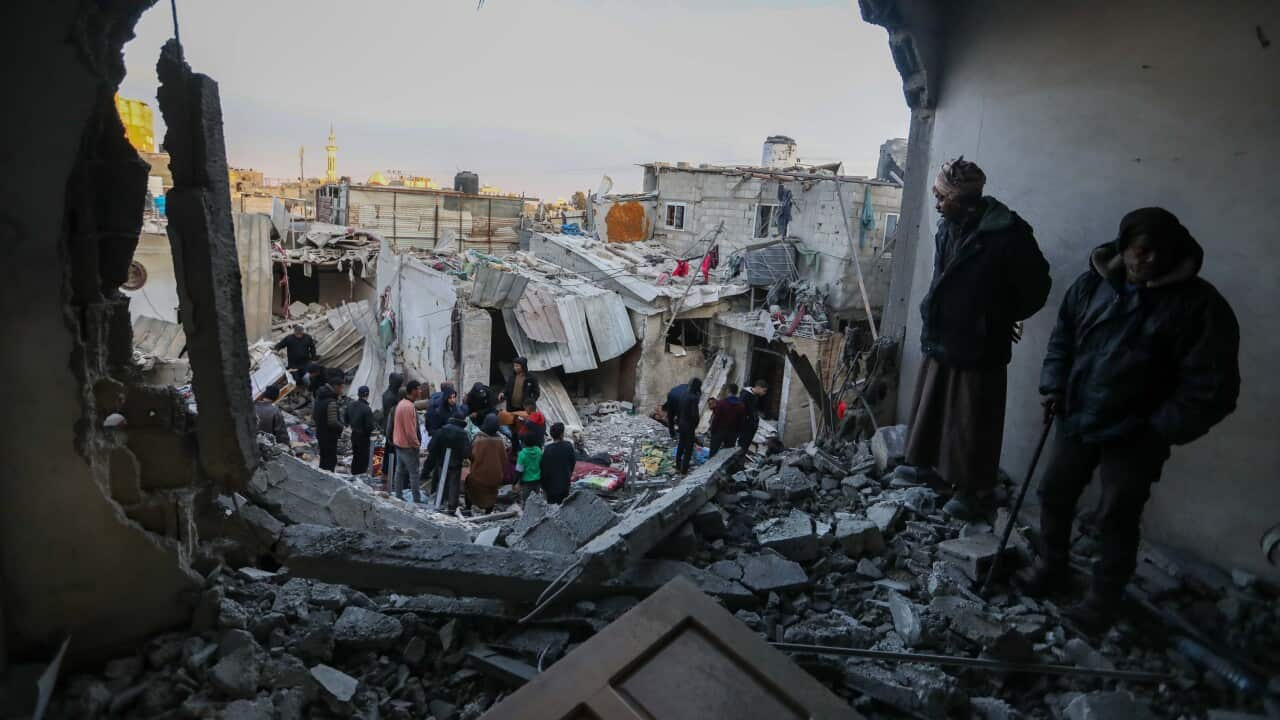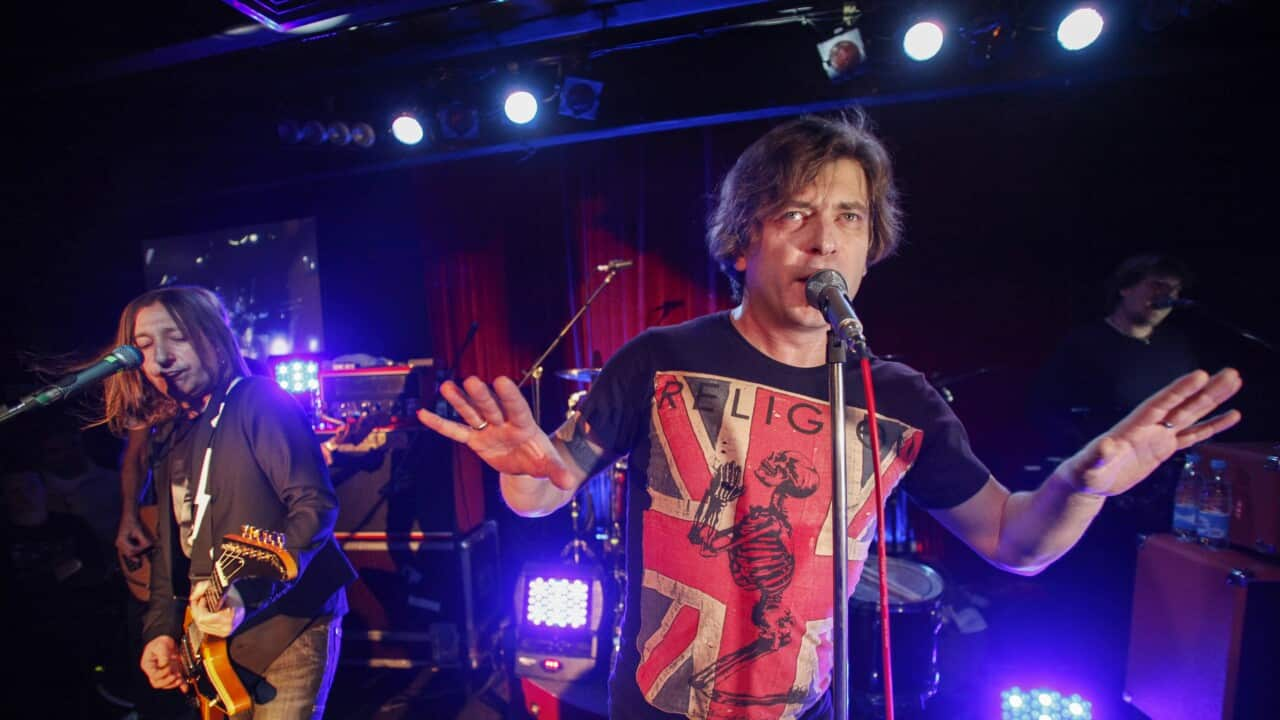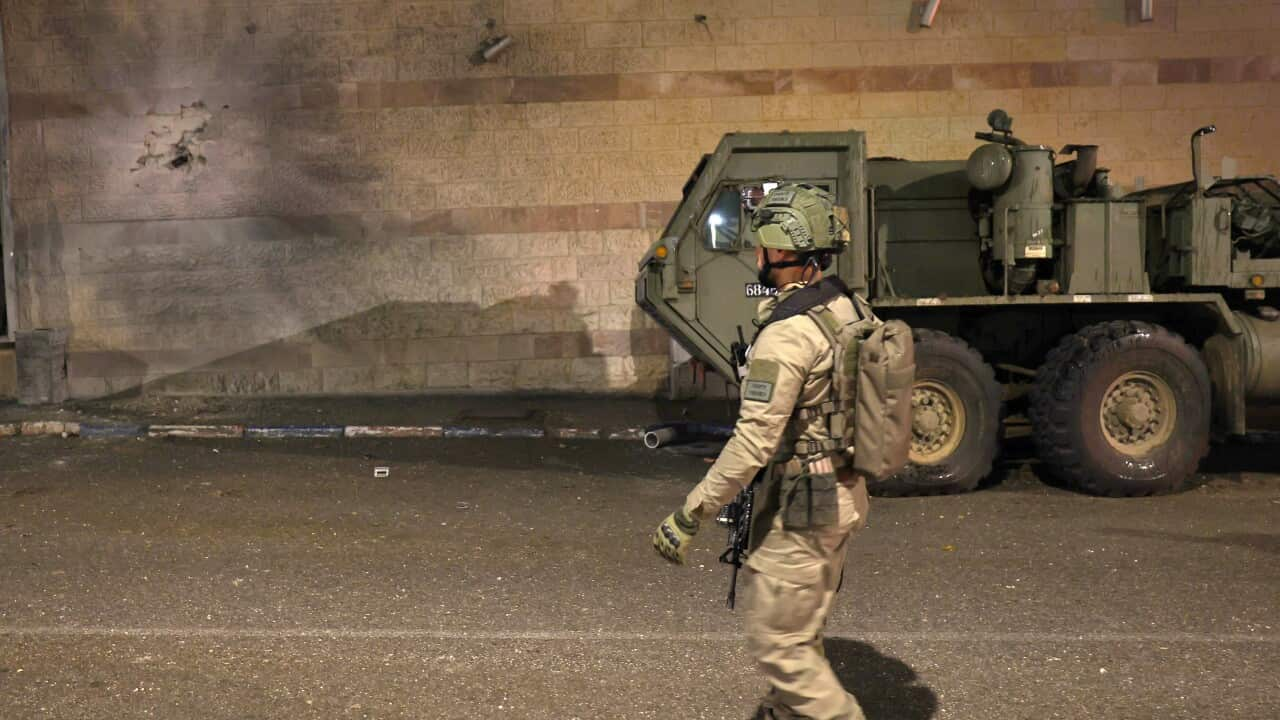Key Points
- Eurovision's organisers will allow Israel to compete in 2024, despite calls for it to be excluded over Gaza assault.
- Petitions have called for Israel to be kicked out of the event, with comparisons being made to Russia's 2022 ban.
- Organisers said Russia's ban was due to Russian broadcasters breaching membership rules and "public service values".
Israel can compete in this year's Eurovision Song Contest, organisers said, despite over the Gaza war as Russia was after invading Ukraine.
Petitions have been circulating calling for Israel to be kicked out of the world's biggest live music event, which is being held in Malmö, Sweden, in May.
The European Broadcasting Union said it had conducted a review and decided Israel could participate in the kitsch annual pop extravaganza.
"The Eurovision Song Contest is a non-political music event and a competition between public service broadcasters who are members of the EBU. It is not a contest between governments," EBU director general Noel Curran said in a statement.
"Our governing bodies ... did review the participants list for the 2024 contest and agreed that the Israeli public broadcaster KAN met all the competition rules for this year and can participate, as it has for the past 50 years."
Russia's 2022 Eurovision ban
the day after it launched a full-scale invasion of Ukraine on 25 February 2022. In that case, EBU said that including a Russian entry in that year's contest "would bring the competition into disrepute".
The decision was "based on the rules of the event and the values of the EBU", it said.
Curran said it was not the EBU's place to make comparisons between wars.
"In the case of Russia, the Russian broadcasters themselves were suspended from the EBU due to their persistent breaches of membership obligations and the violation of public service values," he said.
"The relationship between KAN and the Israeli government is fundamentally different to the relationship that exists between those Russian members and the state, with the Israeli government in recent years threatening to close down the broadcaster."
Curran said the EBU — the world's biggest public service media alliance, with 112 member organisations in 56 countries — was acting in line with other international organisations, such as sports federations, which have kept Israel in their competitions.
Israel, Gaza and Eurovision
The war in Gaza was triggered by Hamas' 7 October attack on Israel, which resulted in the deaths of around 1,160 people, mostly civilians, according to an AFP tally based on official Israeli figures.
After the attack, Israel launched , mostly women and children, according to the health ministry in the Hamas-run Palestinian territory.
Israel is to take part in Eurovision’s second semi-final on 9 May, from which 10 of the 16 contenders will progress to the grand final on 11 May.
Eden Golan, 20, who grew up in Russia, will represent Israel after winning a domestic contest. Her song has yet to be announced.
Israel has qualified for every grand final since 2015, and won Eurovision for a fourth time in 2018 after victories in 1978, 1979 and 1998.












